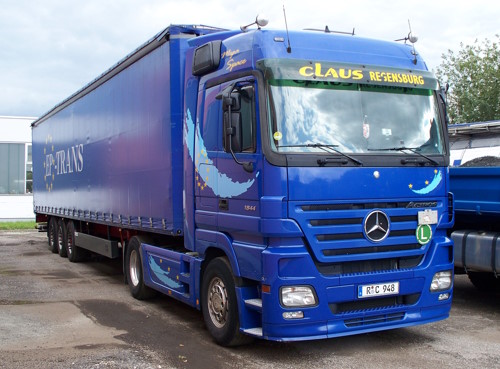Gasoline vs Diesel: Which One Should you Choose?
This week I bring a “vs” post, facing two types of cars: gasoline vs. diesel cars.
Gasoline or diesel? Which one is better for drag racing? And for off-roading? Anyway, what’s the difference?
First of all, we need to know how an engine works. 4-stroke engines produce power by burning air mixed with fuel at high pressure, which creates a great amount of force. The engine uses this force to move a piston, which makes the crankshaft (the engine’s output power) rotate.
The 4 strokes of an engine are:
- Induction. The engine sucks in air and gets it inside the combustion chamber. The air can enter naturally or by manually forcing it in at high pressure, which significantly increases the output power (forced induction).
- Compression. The piston moves up and compresses the air, which is already mixed with fuel.
- Power / Explosion. A spark (or not) is ignited, burning the fuel and air, thus producing an explosion which produce the previously mentioned tremendous force.
- Exhaust. The burnt air and fuel exits the engine through the exhaust valves at high velocity. These gases are extremely hot.
Both gasoline and diesel engines follow these 4 steps called strokes. Other types of engines used in motocross and off-road motorcycle competitions are 2-stroke engines, which only go through 2 strokes (duh) instead of the 4. However, 2-stroke engines are more inefficient, but require less moving pieces, making it cheaper and easier to produce.
Gasoline
The main difference between gasoline and diesel engines is that gasoline engines have a spark plug which produces a high volt spark, which makes the air-fuel mix to burn. Gasoline produces more power but less torque than diesel engines. They are used in around half of the cars on the road, and in almost every racing car.
The efficiency of a gasoline engine is around a 30%. This means that from the energy stored in gasoline, only a 30% is used to produce the final rotation movement. The other 70% is due to losses, mainly due to hot temperatures emmited by the explosions.
Advantages
- Produces less CO₂ than diesel engines.
- The viscosity doesn’t change; it’s constant.
- Usually faster.
Disadvantages
- Produces less torque than diesel.
- Requires a spark plug.
- Runs at higher RPM, which makes the average consumption increase.
Diesel
Diesel doesn’t need a spark plug to ignite; it explodes by compression. This is because it needs lower temperatures to combust by itself. Diesel is used as fuel in- I would say 99% of trucks, semis or any other vehicle that carries heavy load, such as vans, pickup trucks…etc. Also, it is used in half of normal street cars. Spark plugs are removed from the combustion chamber, leaving the fuel injector all alone.
The efficiency of diesel engines is around 40%, more than gasoline engines, probably because not so much heat is released from the combustion of diesel compared with gasoline.
Advantages
- Produces significantly more torque than gasoline, which explains its use in heavy duty vehicles.
- Doesn’t need electricity to combust.
- Runs at lower RPM.
Disadvantages
- Increases its viscosity at lower temperatures.
- Harder to start on low temperatures.
- Produces more CO₂ than gasoline.
- In extremely rare situations, a runaway can occur.
Conclusion
To the question “Which is better?”, I would say: “It depends”. Do you need torque to move heavy loads? Diesel is your best choice. Do you like going fast? I’d better buy a gasoline car.

